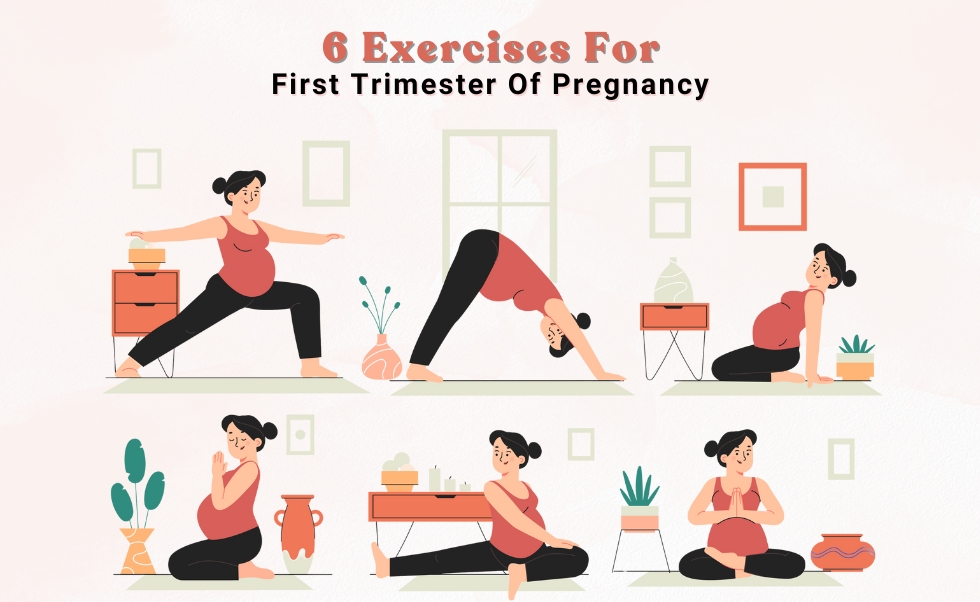When planning for a baby, one of the essential steps to ensure a healthy pregnancy is taking the right amount of folic acid. Folic acid, a type of B vitamin, plays a critical role in developing the baby’s neural tube, which becomes the brain and spinal cord.
What is the Importance of Folic Acid in Conception?
- Neural Tube Defects Prevention: Folic acid prevents neural tube defects (NTDs) such as spina bifida and anencephaly. These serious birth defects can occur very early in pregnancy, often before a woman knows she is pregnant. Adequate folic acid intake significantly reduces the risk of these defects.
- Cell Growth and Development: Folic acid supports rapid cell division and growth, vital during the early stages of pregnancy. It also aids in the formation of DNA and RNA, the building blocks of cells.
Recommended Dosage
- Daily Intake: The general recommendation for women trying to conceive is to take 400 to 800 micrograms (mcg) of folic acid daily. This amount helps ensure that the vitamin is present in sufficient amounts in the body during pregnancy, reducing the risk of neural tube defects.
- Starting Early: It’s advisable to start taking folic acid at least one month before you begin trying to conceive and continue through the first trimester of pregnancy. This early intake is crucial because the neural tube forms during the first few weeks of pregnancy, often before you know you are pregnant.
Where can I find Sources of Folic Acid?
- Supplements: The most reliable way to ensure you get the recommended amount is to take a daily prenatal vitamin containing 400 to 800 mcg of folic acid. Prenatal vitamins are specifically formulated to meet the needs of pregnant women and those trying to conceive.
- Fortified Foods: Certain foods, including breakfast cereals, bread, and pasta, are fortified with folic acid. Checking food labels can help you identify these fortified products.
- Natural Sources: Folic acid can also be found naturally in foods, although it’s usually folate. Good sources include leafy green vegetables (such as spinach and kale), citrus fruits (like oranges and lemons), beans, lentils, and nuts. However, getting enough folate from diet alone can be challenging, so supplements are often recommended.

Are there any Special Considerations That I should keep in mind?
Higher Risk Groups: Some women may need higher doses of folic acid. This includes those with a family history of neural tube defects, women with certain medical conditions (like diabetes or epilepsy), and those who are obese. In such cases, a healthcare provider might recommend taking up to 4,000 mcg (4 mg) of folic acid daily, but this should only be done under medical supervision.
- Balanced Diet: In addition to taking supplements, it’s essential to maintain a balanced diet rich in natural sources of folate. A healthy diet supports overall well-being and enhances fertility.
- Consult Your Doctor: Before starting any supplement, it’s always best to consult with your healthcare provider. They can provide personalized advice based on your health history and specific needs.
Taking the right amount of folic acid while trying to conceive is a vital step in ensuring a healthy pregnancy and reducing the risk of neural tube defects. A daily intake of 400 to 800 mcg, starting at least one month before conception, is generally recommended. Alongside supplements, incorporating folate-rich foods into your diet can provide additional benefits. Always consult your healthcare provider to determine the best approach for your needs. Preparing your body with adequate folic acid is one of the best gifts you can give to your future baby.







